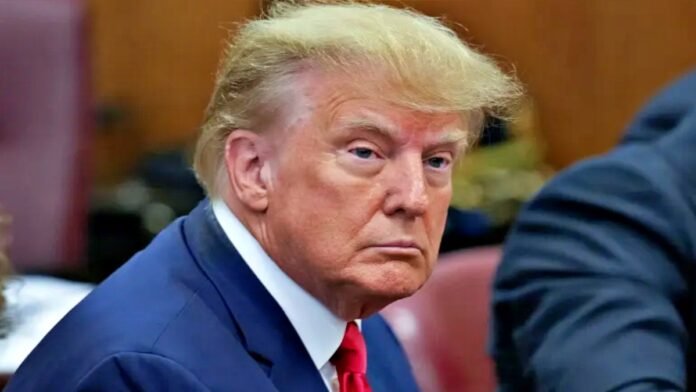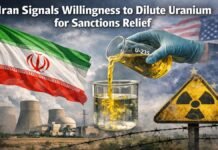
Key Points:
- Executive Order Details: Trump’s directive mandates proof of citizenship for federal election registration and requires ballots to be received by Election Day.
- State Compliance Required: States must work with federal agencies to share voter lists and prosecute election crimes; non-compliance risks federal funding cuts.
- International Comparisons: Trump cites India and Brazil as examples of countries with robust voter ID systems linked to biometric databases.
- Legal Challenges Expected: The order is likely to face court battles due to constitutional concerns over state election authority.
Washington D.C.: In a move that could significantly reshape the U.S. electoral landscape, President Donald Trump signed a comprehensive executive order on Tuesday aimed at enhancing election integrity. The directive requires voters to provide documentary proof of citizenship when registering for federal elections and mandates that all ballots must be received by Election Day. This action is part of Trump’s ongoing campaign to address what he perceives as widespread election fraud, despite evidence showing such incidents are rare.
Key Provisions of the Order
- Citizenship Verification: The order instructs the Election Assistance Commission to modify voter registration forms to include a requirement for government-issued proof of citizenship, such as a U.S. passport or REAL ID. This move is intended to prevent non-citizens from registering to vote, although it is already illegal for them to do so.
- Election Day Deadline: All ballots must be received by Election Day, effectively ending the practice in some states of counting mail-in ballots postmarked by Election Day but received later.
- State Compliance: States are required to collaborate with federal agencies to share voter lists and prosecute election-related crimes. Those failing to comply risk losing federal funding.
- Foreign Interference Prevention: The order bars foreign nationals and non-governmental organizations from contributing to U.S. elections, citing concerns over foreign interference.
International Comparisons
Trump highlighted countries like India and Brazil, which link voter identification to biometric databases, contrasting this with the U.S. reliance on self-attestation for citizenship. He also noted that countries like Germany and Canada use paper ballots for vote tabulation, emphasizing the need for more robust safeguards in the U.S. electoral process.
Legal and Political Reactions
The order is expected to face legal challenges due to constitutional concerns over state authority in elections. Critics argue that Trump’s actions could disenfranchise millions of voters, particularly those without ready access to government-issued IDs. Democratic officials have vowed to challenge the order in court, labeling it “unlawful” and “immoral”.
As the U.S. navigates these changes, the debate over election integrity and voter rights is set to intensify. The order marks a significant shift in Trump’s strategy to reform the electoral system, potentially setting the stage for broader legal and political battles ahead.




















































